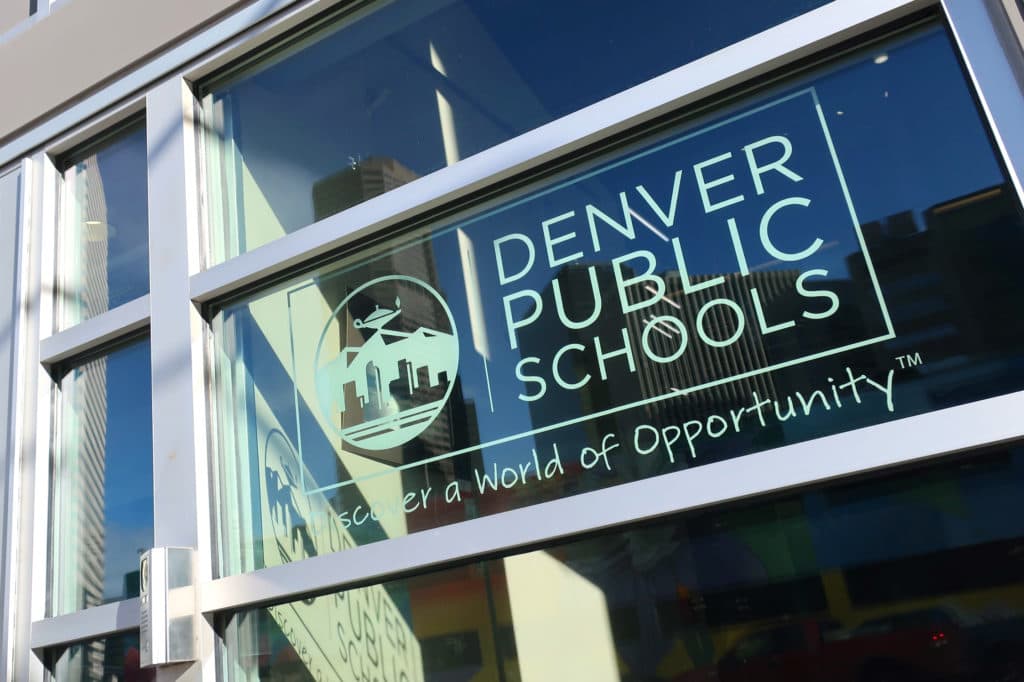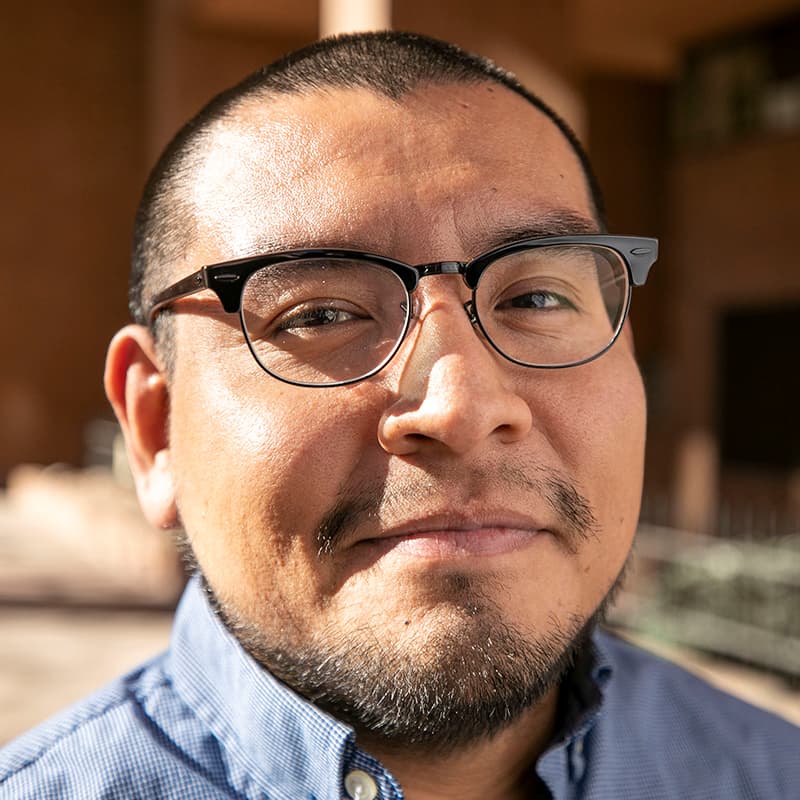Denver Public School board members voted against closing two schools due to low enrollment at a meeting Thursday night.
Originally, members were set to discuss and vote on closing five schools as part of the Small Schools Resolution: Fairview Elementary, Denver Discovery School, Schmitt Elementary, International Academy of Denver at Harrington and Math and Science Leadership Academy.
But Superintendent Alex Marrero, minutes before discussion began, said he was changing his recommendation again due to the feedback he heard at Monday's public comment session. He recommended Denver Discovery School and Math and Science Leadership Academy for closure and unification.
The altered recommendation was met with confusion and frustration from some board members.
"Why did we wait until right now, in this moment, to make a modification without ample time for the Board of Education to review this recommendation," said Vice President Auon'tai Anderson. "I feel like we're playing politics with a bunch of kids and their education...I can only feel for those families that are at these two schools that are watching this meeting and they're probably sitting there saying, 'Why me?'"
After discussion, the board was tasked with voting on each individual school. Director Scott Baldermann was the lone "yes" vote on both schools.
A previous Denver School Board passed the Small Schools Resolution in June 2021, requesting DPS, along with guardians, educators, and school leaders, come up with a plan to reduce the number of schools in the district experiencing low enrollment. Low enrollment is considered 300 students or less.
The plan consisted of closing and consolidating 19 schools across Denver but most ended up being in predominantly minority communities. Out of the 19 schools, nine of them represented the only public elementary schools in the westside's City Council District 3, including Munroe, Castro and Knapp, all of which have school populations above 300.
That plan was immediately tabled after many community members voiced their concerns. Superintendent Alex Marrero also said timing was an issue due to the effects of the pandemic.
But in October, DPS revisited the plan and released a list of 10 schools the board needed to consider closing. Later, that was cut down to five and at the hearing cut down to two. All the schools have a high population of minority children and more than 80% of the students receive reduced or free lunch.
The goal of the resolution was to address declining enrollment within DPS, which began in 2015.
Grant Guyer, DPS Chief of Strategy and Portfolio Services, previously said specifically elementary schools were impacted by the decline. In the past six years, the district has lost about 5,000 elementary-aged children, or 16 schools' worth of kids, Chalkbeat previously reported.
DPS cited low birth rates, gentrification and subsequent displacement as the main causes of decreasing enrollment.
According to DPS data, the Central region, which encompasses Five Points and Elyria-Swansea, has lost over over 800 students, the equivalent of two full-sized elementary schools, from 2015 to 2020.
The Southwest area, which includes Westwood and Valverde, has lost over 1,700 students, or a large high school worth of children.
But a Chalkbeat analysis also found that the district opened too many schools because it incorrectly forecasted how many students it would need to service.
Between 2019 and 2021, DPS lost about 3,600 students and it expects to lose about 3,000 more over the next four years, with most of those students being of elementary school age. The decline in enrollment equals a potential annual loss of about $36 million to schools as school budgets are based on a per-pupil model.
DPS held a public hearing earlier this week where more than 100 speakers, including many children and community members from schools that were previously on the list of proposed closures, begged board members to spare their schools.
Marrero said hearing their voices changed his view on which schools should be considered for closure. No one spoke in favor of closing the schools.
Prior to Thursday's vote, parents from all over wondered what the end-result would be.
Columbian parent Stephen Suranowitz said the process has been "pretty emotional... frustrating and emotionally draining."
"If they don't rescind this Small Schools Resolution, they can just come right back at us at the end of the school year," Suranowitz said. "So that's a little uncertain for us...I think that all of us just want them to make decisions based on the well-being of the children, not finances."
Marrero said he made the decision to bring the list down to two schools because of their co-location status.
Denver Discovery School and Math and Science are both on campus with other schools.
Baldermann said the co-location aspect was the reason for his "yes" vote.
"Tonight, I was planning to vote no on the three neighborhood schools because closing neighborhood schools should be the last resort," Baldermann said. "I'm voting yes on MSLA and DDS. In both cases, I believe it's in the best interests of the students and I believe we should be moving away from co-location."
Director Michelle Quattlebaum questioned whether voting "no" would bring the district into financial turmoil immediately. Marrero said not necessarily but noted that Denver Discovery is losing services due to its low enrollment.
"DDS is in dire straits," Marrero said. "I foresee that they will have an operational closure, a terminal closure, if no action is taken... They're suffering in terms of flight in folks that they've grown to love and adore. Those educators, those mental health providers, those administrators are going elsewhere."
Ultimately, the board members acknowledged that they and DPS need to come up with a solution for low enrollment.
Anderson said both groups also need to focus on redistricting.
As they go back to the drawing board, President Xóchitl Gaytán said all the groups involved need to ensure that whatever next decisions are made, they are made from an equity lens, which board members and community members feel did not occur.
The families are expecting us to make a decision," Gaytán said. "When we vote on it, it's going to have that additional layer of equity, if we do it the right way... Trauma is going to happen. It's going to happen when you end up voting on a school closure but how do you minimize the trauma? How can we minimize that impact? We all need to think about that when it happens."














